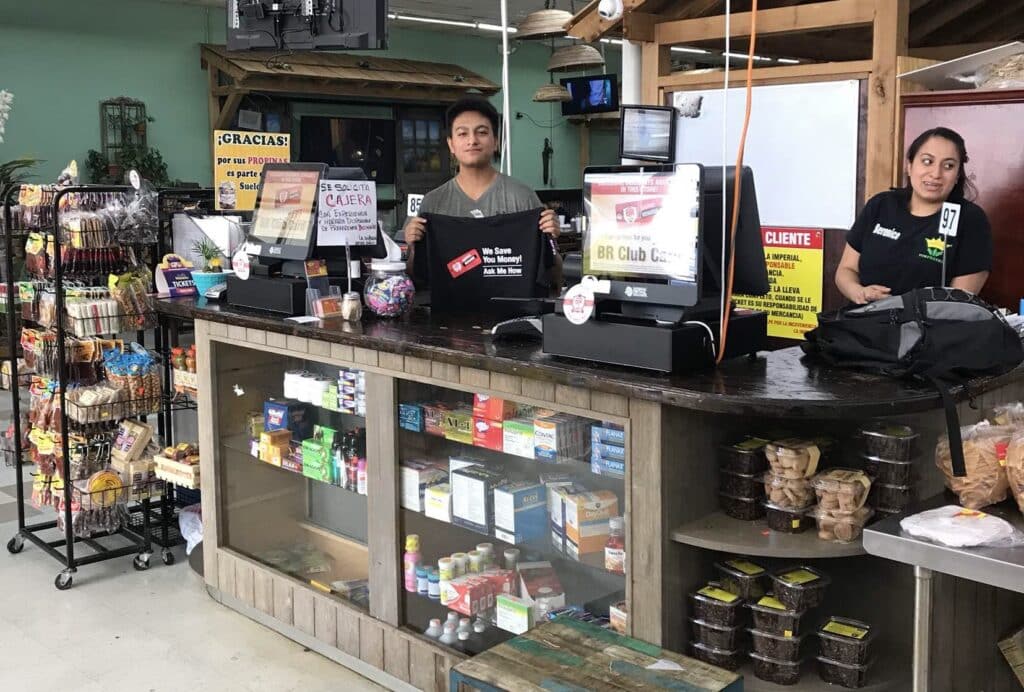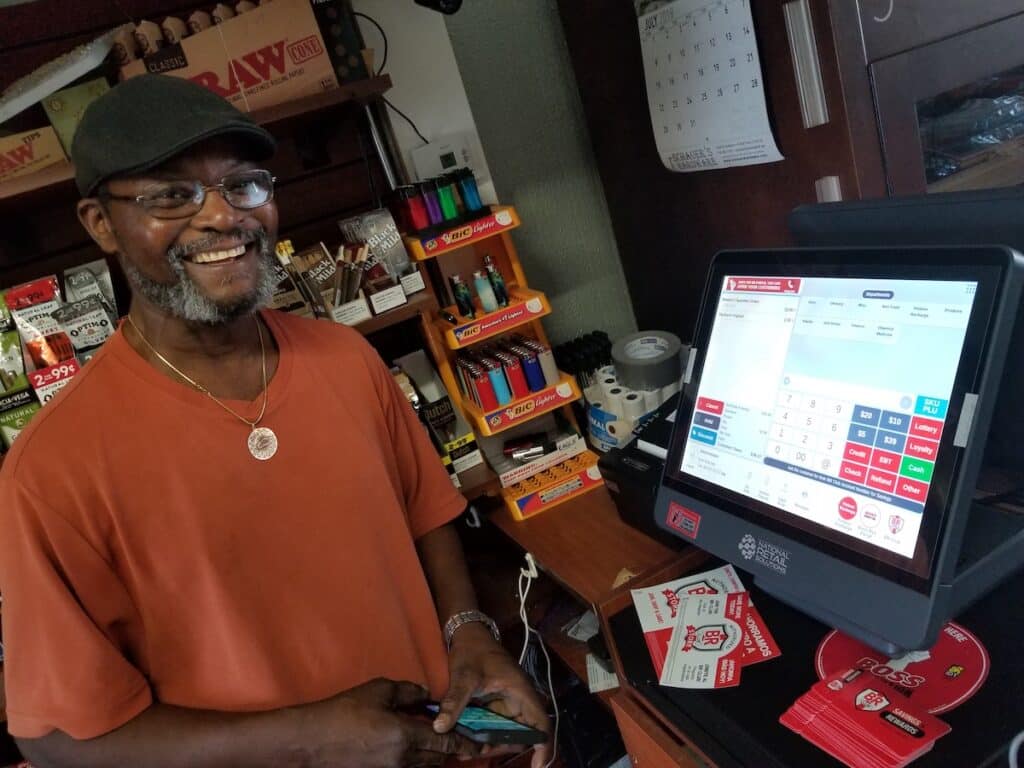In the US, there are 13,073 hardware stores, more than 35,000 independent home stores, and lumber yards, which is more than double the number of McDonald’s. These establishments are a fulfilling enterprise for many, and while there are large chains like Home-Depot or Lowes, some consumers still prefer to go to their local tool spot for their home needs. So if you want to open up your shop, where do you start? Here we’ll break down the steps and give you all the information you need on how to open a hardware store.
Once you decide on whether you want to be a franchise or an independent owner, you can begin planning. You’ll want to start by identifying your target market- who will your customers be? This will determine how you set up your space and which products you’ll have on the shelves. You’ll also need to determine your budget and projected income. It is normal for start-ups to lose money for the first several months until they establish a steady consumer base. You’ll want to consider how much money you have to invest and the minimum profit you’ll need to make to keep yourself afloat. Your strategy should also include a marketing approach and picking the right location. The location should be where there isn’t too much competition, which will grab the customer’s attention. For instance, if you live in a small town, the town plaza or shopping center might be a good place for a hardware shop.
Business Plan
The first step to opening a hardware store is creating a business plan. There are a few critical factors that go into this. You’ll first want to decide between creating an independent company or partnering with a franchise. Building your brand will give you more creative agency as the owner. When you partner with a franchise, you will have an advantage because the brand is already well-known. However, partnering with a franchise can be costly, and you will likely have to pay an up-front fee and royalties.Once you decide on whether you want to be a franchise or an independent owner, you can begin planning. You’ll want to start by identifying your target market- who will your customers be? This will determine how you set up your space and which products you’ll have on the shelves. You’ll also need to determine your budget and projected income. It is normal for start-ups to lose money for the first several months until they establish a steady consumer base. You’ll want to consider how much money you have to invest and the minimum profit you’ll need to make to keep yourself afloat. Your strategy should also include a marketing approach and picking the right location. The location should be where there isn’t too much competition, which will grab the customer’s attention. For instance, if you live in a small town, the town plaza or shopping center might be a good place for a hardware shop.








